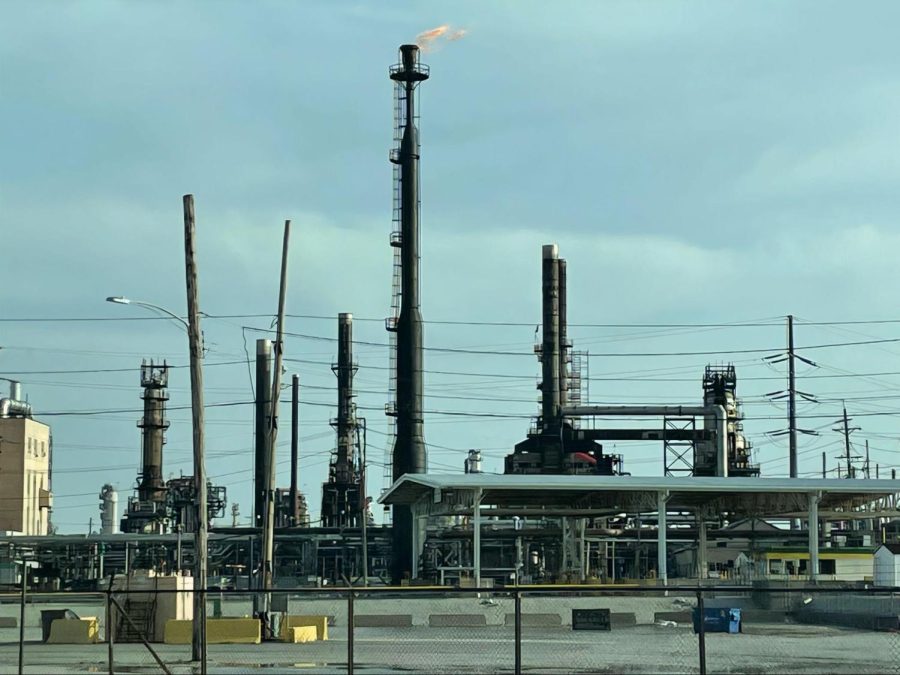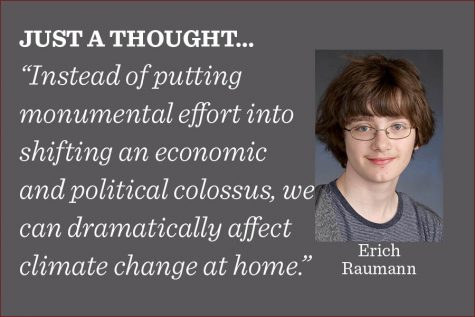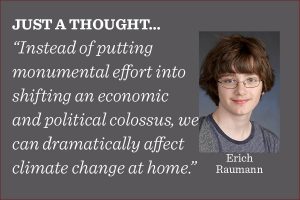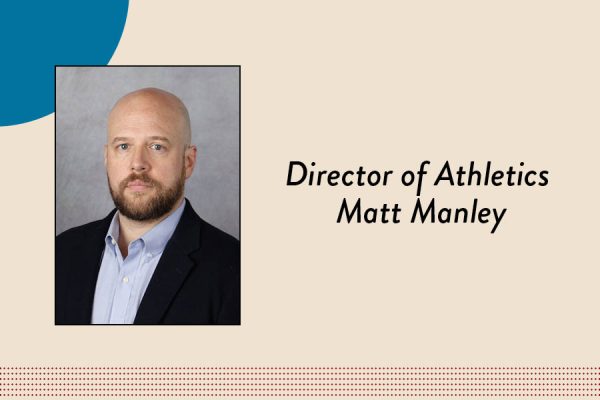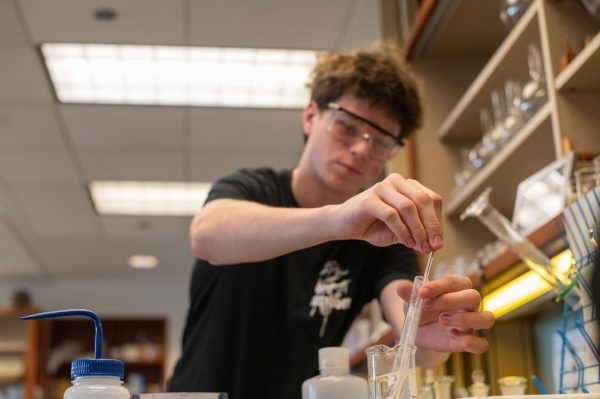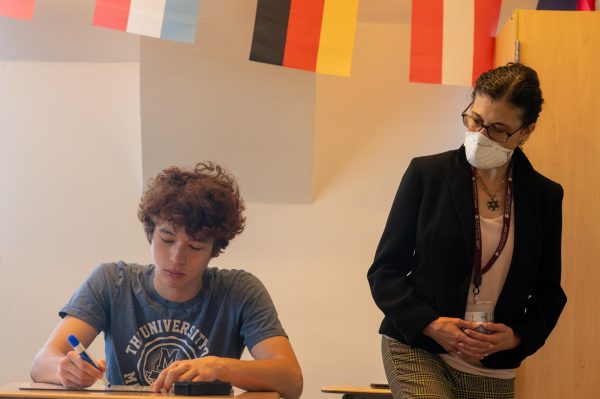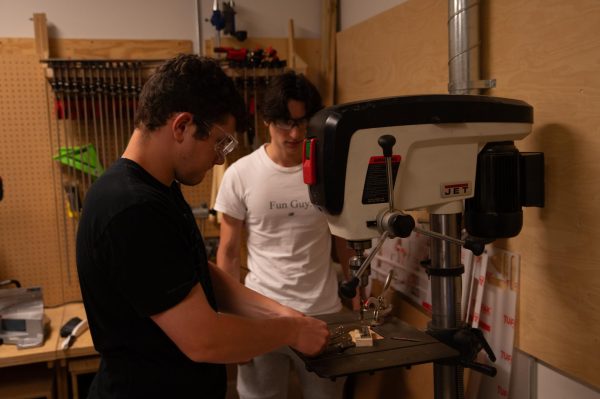New nonprofit seeks to fight climate change with innovative solutions
A British Petroleum refinery in Whiting, Indiana, flares off gas to make it less explosive and more safe, releasing millions of tons of carbon every year. Refineries are a large contributor to the climate crisis.
May 23, 2022
Refineries and British Petroleum fill neighborhoods. The terrible smell of burning gas is evident from a residential block just across the street. Flares and smoke stacks work around the clock creating artificial clouds over the area.
“Our response to the climate challenge will define our generation,” said Michael Greenstone, a University of Chicago economics professor who founded Climate Vault.
Climate Vault, a carbon credit-based solution to reducing and removing carbon emissions, strives to combat climate change through restricting refineries from emitting and encouraging cleaner energy.
“We want to reduce Co2 concentrations in the atmosphere, and the second is we want to unleash innovation in carbon dioxide removal technologies,” Dr. Greenstone said.
Climate Vault works to take advantage of financial markets to reduce carbon output into the atmosphere and even remove it by investing money into companies with the technology and research to do so. This would reduce the emissions from polluters by buying their right to pollute through carbon credits, and then encourage companies to invest in reusable clean energy, while also investing in technologies that can remove the carbon put into the atmosphere.
Dr. Greenstone said Climate Vault is a way to change people’s mindset from the idea that nothing can be done to take action about the climate crisis to how there’s something direct, easy, and effective one can do.
A differentiating factor about Climate Vault is that it lets the individual user or corporation calculate the tons they have emitted over a certain period of time while also shortening the period of time of those who want to reduce or neutralize their emissions.
“We want to make it fast, easy and inexpensive for people and organizations to reduce their carbon footprint,” Dr. Greenstone said.
Dr. Greenstone believes the Laboratory Schools also have potential to take part in this idea to reduce emissions.
“Lab has the opportunity to be the first, I believe, independent school to become carbon neutral,” Dr. Greenstone said.
Climate Vault launched in May 2021 but has since received over $6.4 million toward the effort and has very high hopes for going forward.
“We only publicly launched last year,” he said, “and we took in more than $7 million in donations to help fight the climate crisis, and we hope to grow at a very fast rate. We hope to triple that.”
Dr. Greenstone said Climate Vault’s approach hopes to be significantly more effective than past attempts, and be much more effective than the small efforts now.
“Rather than just thinking about recycling and things that are very indirect impacts on climate change as an example, it could figure out what the carbon emissions are and say ‘We want to undo those’ using Climate Vault or some other approach.”
While Climate Vault is still small, its founders hope to have a big impact in the future and contribute to resolving the climate crisis, reversing emissions and establishing a more efficient future where refineries don’t crowd neighborhoods.



